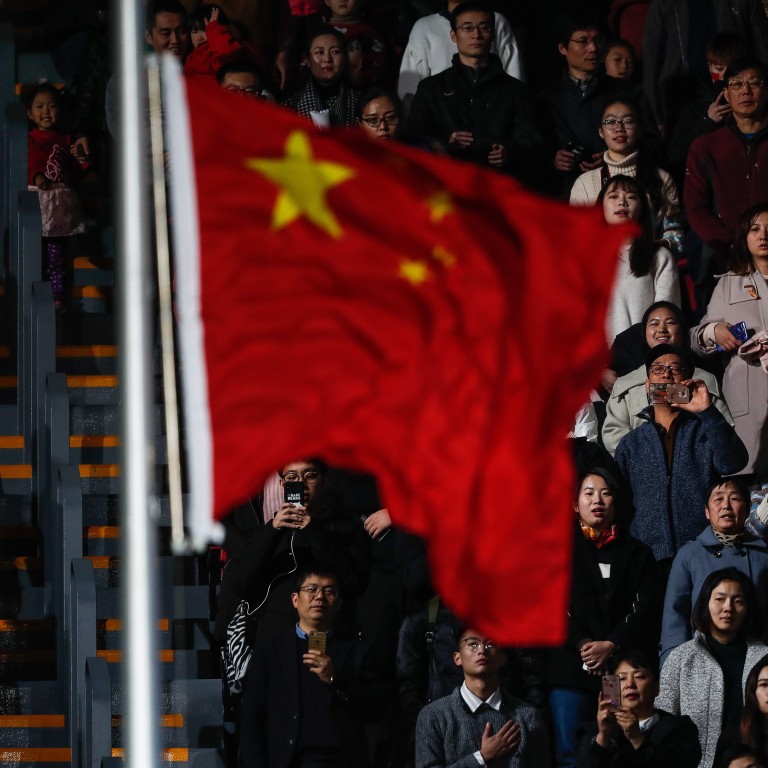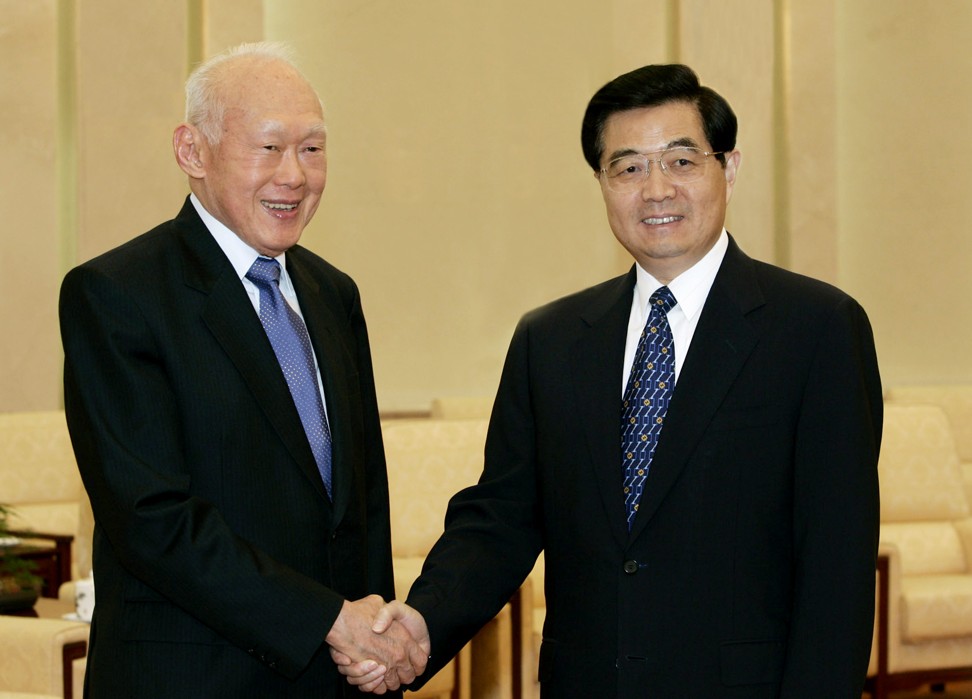
Forget the Thucydides Trap – a ‘rising’ China has no desire to go to war with the US, and Washington needs to dispel its paranoia
- Zhengxu Wang says China only wants its territorial rights and to ensure higher living standards for its people – and the idea that the US ‘rules’ the world is a myth that needs to be debunked
Everywhere he went, he was given a very cordial reception by students. During the Q&A sessions, they were eager to ask questions. And they asked very good ones – there was no anger, no attacking US behaviour or policies but, instead, genuine questions that built up a dialogue between a US academic and young Chinese.
Allison commented that young students in the US and China alike are global citizens, and that they like each other. On US campuses, he had witnessed them working together very well, he related. With such people-to-people amity, it would be hard to imagine the two nations bound for war.
But the worries about the relationship between the two giants are real. In fact, another renowned Harvard academic, Ezra Vogel, who also visited China recently, expressed deep concern. However, while listening to Allison, one quickly realises that all this talk about the so-called Thucydides Trap is simply the outcome of fear that shouldn’t have been created in the first place.
If improving living standards, creating or producing more goods for human consumption and enjoying better technology are indicators of a “rise”, then, yes, China is rising or has risen. But why should the US fear such a “rise”?
If the Chinese people simply aspire to the high living standards enjoyed as the No 1 country in Asia or in the world, rather than going around dominating and bullying other countries, why should such a status be feared?
Key to Allison’s, and some other Americans’ conception is that a rising China will seek to displace the “ruling” power: the US. That would indeed be a recipe for a deadly Thucydides Trap. But, first, one has to ask why the US feels it is the “ruling” power. After the second world war, the US “controlled” the Western camp, and the Soviet Union, the communist bloc. There was a third world, where the two superpowers had to compete for influence.
Second, even if we assume the US owns the world and is the ruling power, how do we know that China is aiming to displace it?
In the same conversation mentioned above, when asked by Allison about the possibility of a war between China and the US, Lee Kuan Yew’s answer was a categorical “no”. He did not see China as having any interest in contesting US primacy and changing the world.
“The China that is rising is coming to get us” – such a mentality would probably lead to fulfillment of the Thucydides Trap thesis. That is the kind of thinking that has turned the US into a highly insecure and paranoid actor today.
And the US “ruling” the world is an imagined fact as well. Having got this straight, the US should be able to dispel its fear of being displaced, and work with China and everyone else to build a common future for the world.
Zhengxu Wang is professor of politics and international studies at Fudan University


